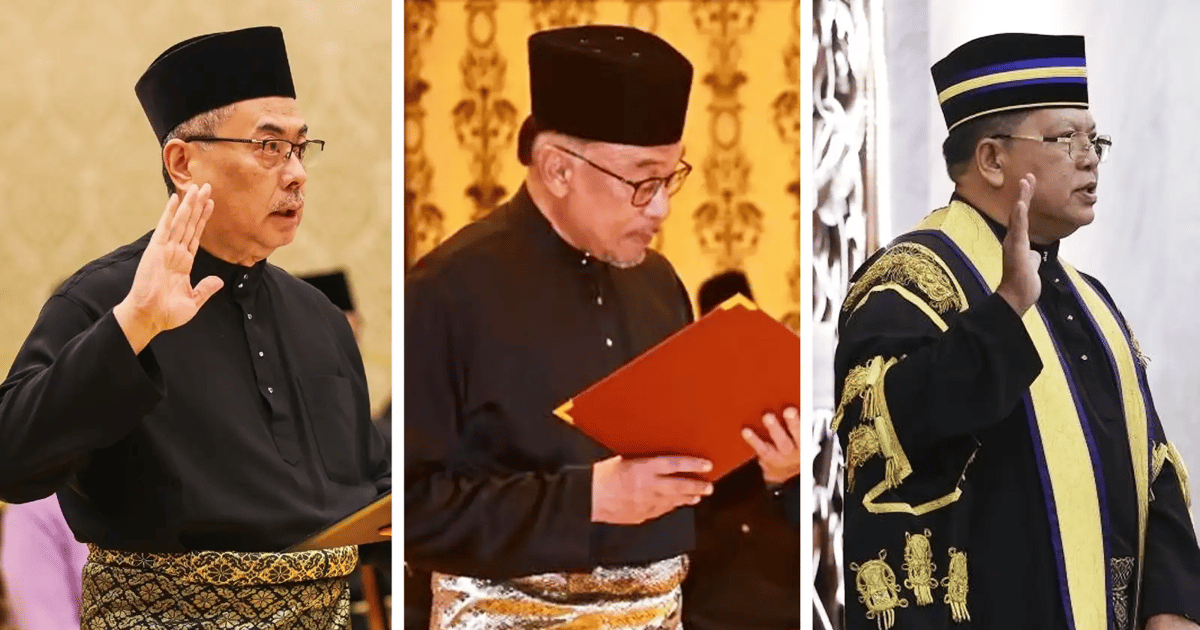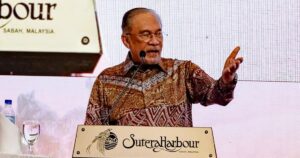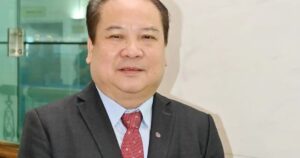
In a recent public statement, outspoken commentator Zaid Ibrahim reminded Malaysians of a foundational truth: that judges must protect democracy.
Commenting on Bersatu’s failed appeal to challenge the Dewan Rakyat speaker’s refusal to declare vacant the seats of four Sabah MPs, Zaid said: “Judges are required to save our public institutions from their own folly.”
Zaid was not speaking merely as a politician but as a lawyer schooled in the constitutional spirit — though whether his comments will resonate with those in our legal fraternity who shut their ears to criticism remains to be seen.
But is his assertion valid?
The answer lies not in political sentiment but jurisprudential depth. It depends entirely on whether the executive, legislature and judiciary understand their oath of office.
In recent years, I have written extensively on this subject, including in my book on the Federal Constitution. Perhaps, it is timely to revisit the Sixth Schedule of the constitution:
“I, [name], having been elected (or appointed) to the office of [position], do solemnly affirm that I will faithfully discharge the duties of that office to the best of my ability, that I will bear true faith and allegiance to Malaysia, and will preserve, protect and defend its constitution.”
This oath is not a ceremonial utterance. It is in fact a jurisprudential covenant. It binds not only judges but all public office holders — MPs, ministers, and even the heads of government.
The British parliamentary tradition may serve as a guide, but it cannot override Malaysia’s unique constitutional framework. Arbitrary decisions made in breach of this oath are not merely political missteps — they are constitutional violations.
Is the judiciary arbiter or accomplice?
When arbitrary decisions are made — whether by Parliament, the Cabinet, or other public authorities — it is the legal industry’s duty to bring the matter before the courts for adjudication.
But this presupposes that judges themselves are schooled in the constitution and understand the significance of the oath they take. If they are not and do not, then they risk becoming accomplices to constitutional decay.
I do not say this to indulge in self-gratification, or as Malaysians are prone to calling it — “syiok sendiri”. I say it to awaken the conscience of jurists who have failed to deploy the Sixth Schedule oath as a sword against executive overreach and legislative misconduct.
The rule of law is not a slogan — it is a constitutional imperative grounded in the oath each judge swears.
Article 4: supremacy without soul?
Much has been made of Article 4 of the Federal Constitution, which declares the document’s supremacy. But I submit that Article 4 has no constitutional soul unless animated by the judicial power entrusted through the oath.
The founding fathers did not leave this to chance and embedded the soul of constitutionalism in the Sixth Schedule.
Bounden constitutional duty
I commend our new chief justice for his assurance on Monday that the judiciary under his stewardship will remain a reliable and impartial institution, especially when other avenues of recourse fail.
I trust that these are not mere platitudes but will form the essence of his leadership, as will be reflected in his judgments and the manner in which he performs his administrative functions.
After all, that is what he declared he will do when taking his oath of office — to protect our democracy — not as a political act, but as a bounden constitutional duty.
Malaysia must undergo a constitutional renaissance.
Judges, lawyers, legislators and holders of all public offices must rediscover the soul of our constitution as set out in the words they themselves have sworn to uphold.
The views expressed are those of the writer and do not necessarily reflect those of FMT.






